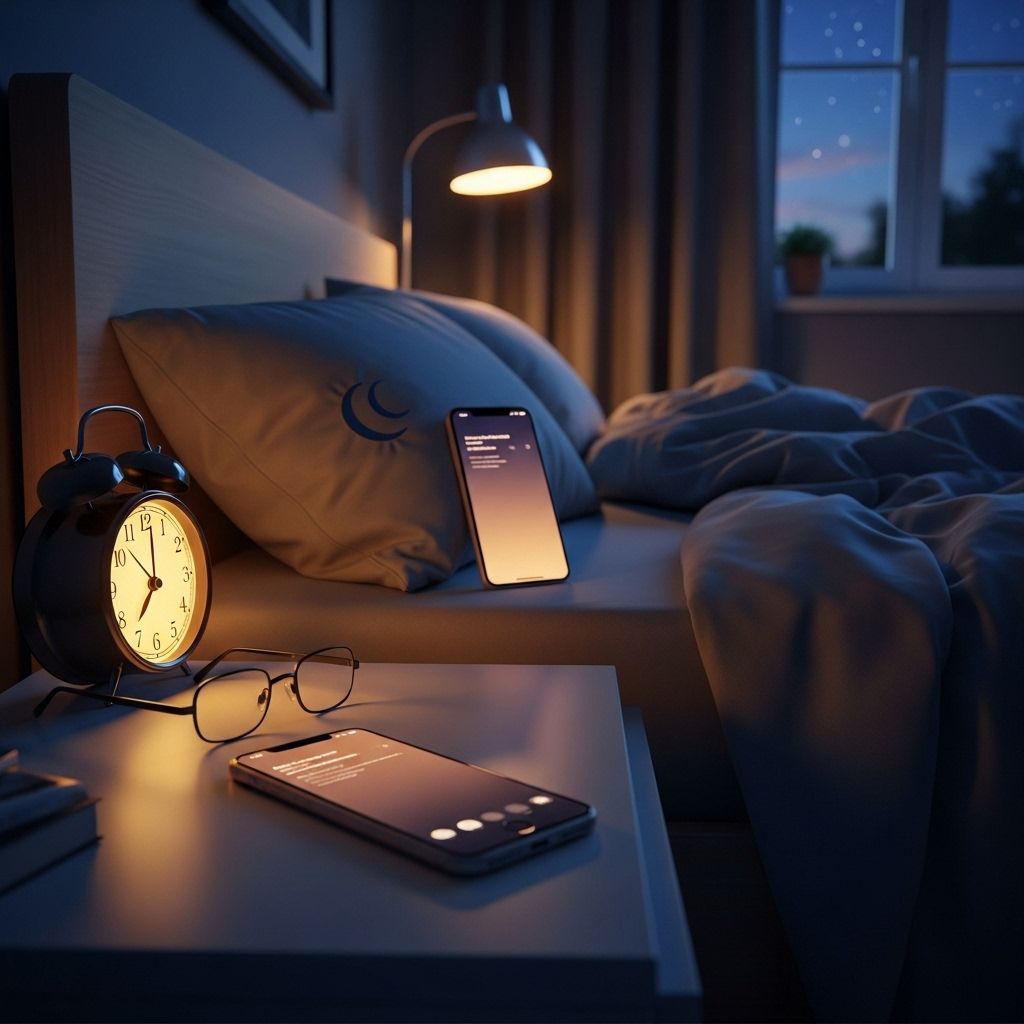Screen Time and Sleep Quality Connection Overview
Reducing exposure to digital glare offers deeper relaxation before lights out.

Introduction to Screen Time and Sleep Quality
Screen time has become an integral part of modern life, with digital devices playing crucial roles in both personal and professional settings. However, the impact of screen time on health, particularly sleep quality, has been a subject of extensive research. This article aims to provide a comprehensive overview of the connection between screen time and sleep quality, highlighting the various factors involved and the implications for overall health.
Understanding Screen Time and Its Effects
Screen time refers to the amount of time spent viewing screens, including smartphones, computers, televisions, and other digital devices. While technology offers numerous benefits, excessive screen time has been linked to several negative health outcomes. One of the primary concerns is the impact on sleep quality, as screen time can disrupt the body’s natural sleep-wake cycle.
How Screen Time Affects Sleep Quality
Several mechanisms explain how screen time negatively affects sleep quality:
- Blue Light Emission: Digital devices emit blue light, which can suppress the production of melatonin, the hormone responsible for inducing sleep. This can make it difficult to fall asleep and reduce sleep quality.
- Circadian Rhythm Disruption: Engaging in screen activities before bed can confuse the body’s internal clock, leading to delayed sleep onset and shorter sleep durations.
- Cognitive Stimulation: Stimulating digital content can increase cognitive arousal, making it harder to relax before sleep, thereby affecting sleep quality.
Research Findings on Screen Time and Sleep Quality
Studies have consistently shown that increased screen time is associated with poorer sleep quality. For example, a study of adolescents found that higher screen time was linked to lower sleep quality, as measured by scales assessing sleep disturbances such as insomnia and difficulty falling asleep. Similarly, in adults, daily screen use was found to be associated with later bedtimes and reduced sleep duration, with a significant prevalence of poor sleep quality.
Screen Time and Sleep among Different Age Groups
The impact of screen time on sleep quality varies across different age groups:
- Adolescents: Screen time is a significant factor affecting sleep quality in adolescents, with increased screen time leading to difficulty falling asleep and reduced sleep duration.
- Adults: Adults also experience negative impacts on sleep quality due to screen use, with associations of later bedtimes and reduced sleep duration.
- Older Adults: Older adults face challenges such as sleep disturbances and reduced sleep quality linked to screen use before bed.
The Chronotype Factor
Chronotype, or the innate preference for mornings or evenings, plays a role in how screen use affects sleep. Individuals with evening chronotypes tend to experience greater disruptions to sleep due to screen use compared to those with morning chronotypes.
Mental Health Implications
Beyond sleep quality, excessive screen time has broader implications for mental health. Research indicates that increased screen time is associated with higher levels of anxiety and depression, further highlighting the need to manage screen time for overall well-being.
Managing Screen Time for Better Sleep
To mitigate the negative effects of screen time on sleep quality, consider the following strategies:
- Set Limits: Establish a daily limit for screen time and avoid screens for at least an hour before bedtime.
- Use Blue Light Filters: Activate blue light filters on devices to reduce melatonin suppression.
- Engage in Relaxing Activities: Prioritize calming activities before bed to reduce cognitive arousal.
Frequently Asked Questions (FAQs)
Q: What is the recommended amount of screen time for better sleep?
A: While specific limits vary, avoiding screens at least an hour before bedtime is generally recommended to improve sleep quality.
Q: How does blue light affect sleep?
A: Blue light from digital devices suppresses melatonin production, making it harder to fall asleep and reducing sleep quality.
Q: Can screen time impact mental health?
A: Yes, excessive screen time is linked to increased anxiety and depression levels.
Conclusion
In conclusion, the connection between screen time and sleep quality is complex and multifaceted. Understanding these dynamics is crucial for maintaining good sleep hygiene and overall health. By managing screen time effectively and adopting healthy sleep practices, individuals can mitigate the negative impacts of screen use on their sleep quality and mental well-being.
References
- https://www.frontiersin.org/journals/public-health/articles/10.3389/fpubh.2024.1459952/full
- https://jamanetwork.com/journals/jamanetworkopen/fullarticle/2831993
- https://pmc.ncbi.nlm.nih.gov/articles/PMC10465044/
- https://jcsm.aasm.org/doi/10.5664/jcsm.11470
- https://www.thensf.org/screen-use-disrupts-precious-sleep-time/
Read full bio of medha deb












